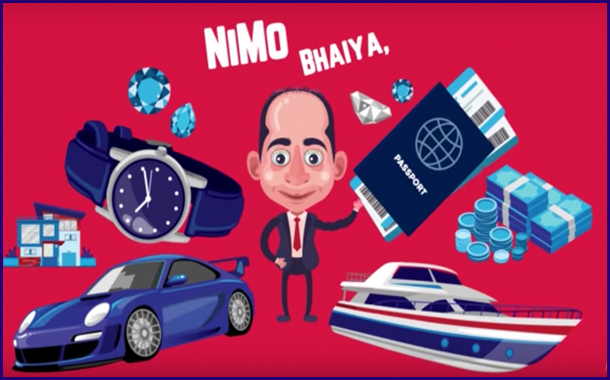

- #GET BOOKED FOR SHOWS HOW TO#
- #GET BOOKED FOR SHOWS FULL#
- #GET BOOKED FOR SHOWS PROFESSIONAL#
- #GET BOOKED FOR SHOWS TV#
You're going to spend most of your time on the road, but spreading the long drives out will save you from burnout (and murdering your band members). I try to keep drives shorter than six hours on a show day and shorter than 10 hours on a non-show day. You want to keep the backtracking and off days to a minimum, obviously.įirst, plot out the cities you want to visit on a map (Google Maps works). Meaning you have to expect you'll do a little bit of backtracking and have a few off days, because it's impossible to get every venue's schedule to line up with yours. Most likely you're going to spend the first month routing the cities, researching venues and gaining contact info. You should have nearly all of the shows booked two months in advance of the first show so you have plenty of time to promote the tour. For a tour containing mostly cities you've never been to before, I recommend starting this process at least five months out. Most importantly, you need plenty of time from beginning the booking process until the first show. How did I book the tours? Well, it was hard f**king work, but I made sure I went about it systematically. If you're serious about having music as your profession then you need to put in the work and accept that it's a slow game.
#GET BOOKED FOR SHOWS HOW TO#
If you haven't figured out how to get big crowds out to your local shows, then you aren't ready to tour.
#GET BOOKED FOR SHOWS FULL#
+Our Tour Page Is Totally Full (Of Empty Shows)įirst though, you shouldn't book a tour until you are successful in your hometown.
#GET BOOKED FOR SHOWS PROFESSIONAL#
If you want to be a professional musician, you have to figure out how to actually make money with your music. This is totally avoidable, but I hear many musicians just accept this as a reality of the road.

It blows my mind that musicians tour and lose money. Let me say that again: on both tours, after expenses, I made money. It was my first time visiting about 30 of the cities, and many of the other cities' venues I had never played before.īoth tours were financially successful. Expert Interview.Last year, I went on two national tours covering 40 states and played over 100 shows. For example, if tasked with portraying an angry son, create a backstory in your head of what drives the son's anger and motivations. Create their motivation in your head to understand the role and act more like that character. If you aren't given any background information on your character, make one up.Even if you've never been in a similar situation, there's a good chance you've felt similar emotions.Do your homework on your character and the conditions they've lived in or how situations in their past affects their behavior now. Try to relate emotions to your personal life and draw parallels between these feelings. Consider your character's likes and dislikes, and what drives them to feel this way. X Expert Source Lesly Kahn, MFAĪcting Teacher & Coach Expert Interview.

Get into the brain of your character and think how they would think. What's more significant is what drives and motivates them to commit those actions. X Research source Much like actual life, personalities are not based upon a person's actions. Extrapolate what your characters motivations are and what drives them. Understand your role and film for your audition. If it's low quality, it will leave a negative impression on casting directors.
#GET BOOKED FOR SHOWS TV#
A headshot is an initial impression you make on a casting agent and director and is required if you're going to audition for a TV show.


 0 kommentar(er)
0 kommentar(er)
